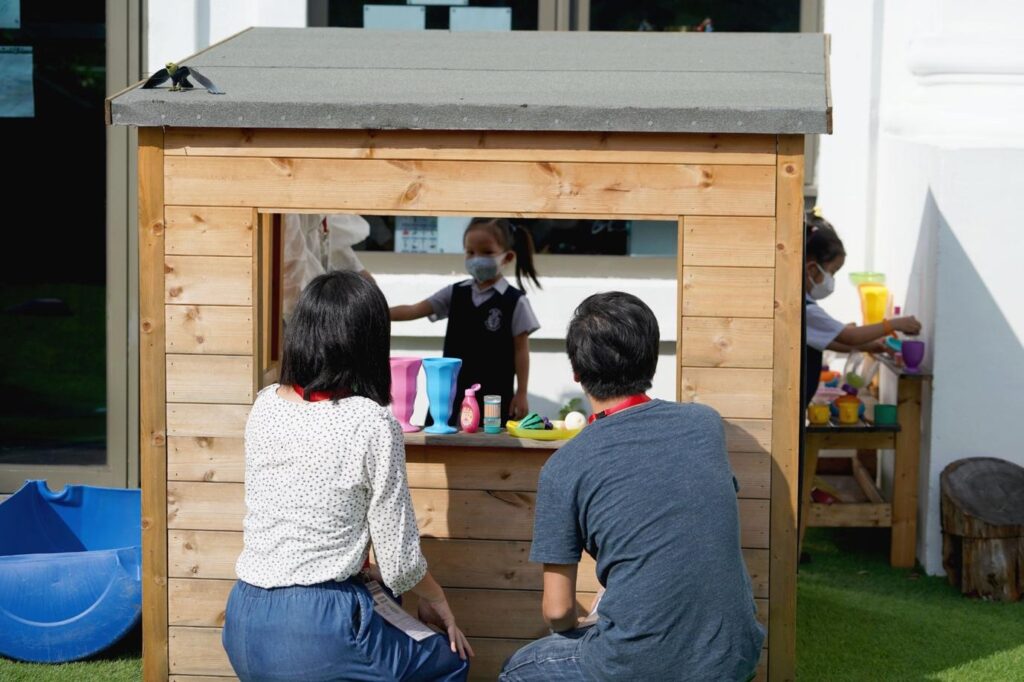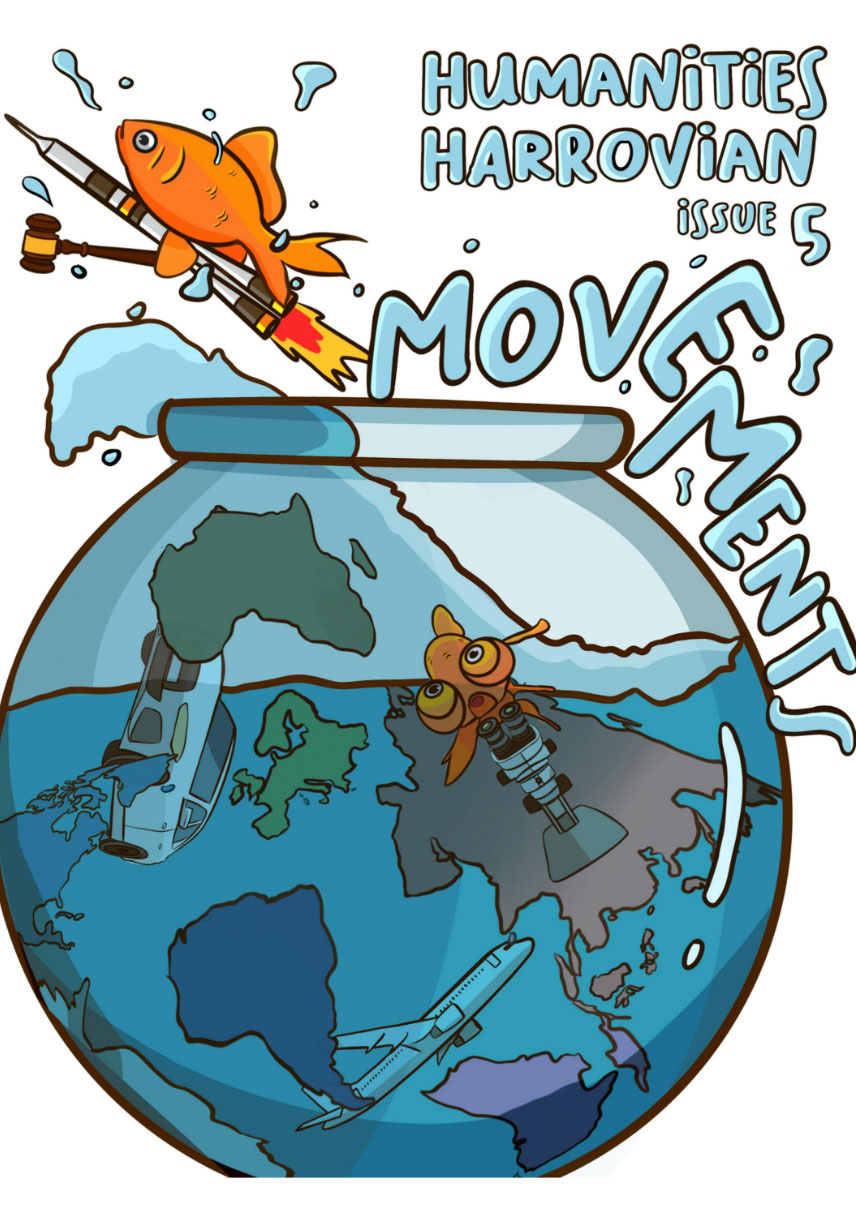How Early Years Pupils Learn Through Playing

As parents, we often hear about the importance of play in a child’s development and it is highly significant. In this article, we’ll explore why play-based learning is crucial for young children, the main benefits it offers, and practical ways to encourage and embrace play in your child’s life.
What Makes Play-Based Learning a Crucial Component for the Development of Young Children?
There’s a growing shift in the world of education towards play-based learning, even in international schools in Asia. But why is it so vital for young children? The answer lies in the multifaceted impact it has on their development.
Play helps children develop their social, emotional, physical, and cognitive skills in addition to being enjoyable. When we permit our children to play in an unrestrained manner, they go on a voyage of self-discovery. They improve their creativity, imagination, and linguistic skills. But it goes farther than that. They also learn important things about their preferences, skills, and even thresholds. Moreover, they learn through interactions with their peers, forming a foundation for future social skills.
The Primary Advantages That Play Offers to Your Child
The benefits of play extend across various aspects of your child’s life, contributing to their cognitive, physical, emotional, and social well-being.
Cognitive Benefits: When children engage in play, they exercise their cognitive abilities. They enhance their creativity, imagination, memory, problem-solving skills, reading comprehension, and attention span. Through play, they develop effective communication and language skills, laying a solid foundation for future learning.
Physical Benefits: Playtime is not just about mental exercise; it’s great for physical well-being too. It helps children release pent-up energy acquired during indoor learning. Playing actively aids in building crucial motor skills, coordination, balance, and even strengthens bones, muscles, lungs, and the heart.
Social & Emotional Benefits: Playing with peers allows children to learn important life skills. They discover ways to resolve conflicts, work in teams, cooperate, compromise, and collaborate. Moreover, play helps them understand and manage their emotions, from frustration and anger to excitement.
Quality Time Together and Emotional Connection
Playing with your child is more than just a pastime; it’s quality time spent together. This bonding experience is instrumental in forming a strong emotional connection, making your child feel safe and secure. This secure attachment gives them the confidence to explore, try new things, and learn.
Three Strategies for Promoting and Allocating Time for Play
While play comes naturally to children, they still need the support and encouragement of adults. Here are three practical ways to embrace play in your child’s life:
1. Offer the Tools and Materials that Encourage Engaging Play: You don’t need extravagant toys; simple ones often work best. Create a safe play area with basic toys and objects within your child’s reach, and let their curiosity and creativity take the lead.
2. Seek Chances for Play Throughout the Day: Life can get busy, but finding even a few minutes for focused playtime can make a significant impact. Additionally, try to allocate moments for spontaneous play, both indoors and outdoors, in your child’s daily schedule.
3. Participate in the Enjoyment While Allowing Your Child to Guide the Play: Follow your child’s cues. If they want to pretend, play games, or run around, embrace their imagination and enthusiasm. By playing along with them, you’re not only supporting their growth but also showing them how much they mean to you.
What About Babies?
Play isn’t limited to older children; even babies benefit from it. Playtime helps infants develop physically, emotionally, and cognitively. Through simple acts like cooing, clapping, and making funny faces, you encourage their healthy development. Babies explore and make sense of the world through play, even if it’s as basic as grasping an object or looking in the mirror.
Playing with Toddlers
Toddlers are fascinated by simple toys like blocks, books, dolls, and puzzles. These toys spark their imagination and provide opportunities for quality playtime with parents. Toddlers are naturally curious, always testing how things work, imitating adult activities, and enjoying safe outdoor environments for climbing and exploring.

Independent Play
While playing with parents is essential, children also benefit from independent play. It nurtures their imagination, problem-solving skills, attention, and persistence. Independent playtime, even for short durations, is valuable for both children and parents. It allows children to learn to entertain themselves and parents to have some moments of respite.
Encouraging Play with Others
It’s crucial to have realistic expectations about your child’s age-appropriate social skills. Encourage playdates with friends as your child grows. You, as a parent, play a vital role in teaching your child how to play well with others through your interactions with them.
Screen Time and Children
Medical experts recommend limiting screen time for babies and toddlers. Real-life play, not electronic devices, is the most effective way for young children to learn and develop. While video-chatting apps like WhatsApp and LINE are acceptable when used with a parent, excessive screen time can hinder their development.
Play-based learning is a cornerstone of early years education. It fosters cognitive, physical, emotional, and social development, and forms an essential bond between parents and children. Embracing play in your child’s life, irrespective of their age, lays the groundwork for lifelong learning and well-being.

 360° TOUR
360° TOUR 










